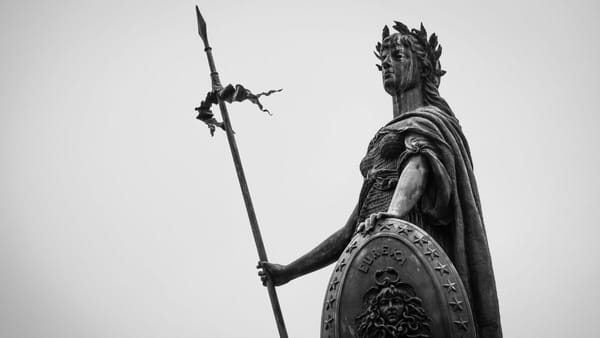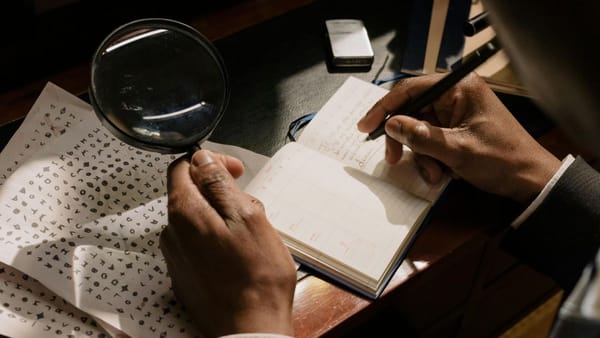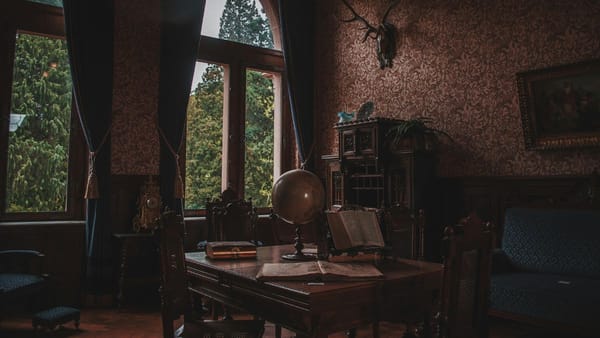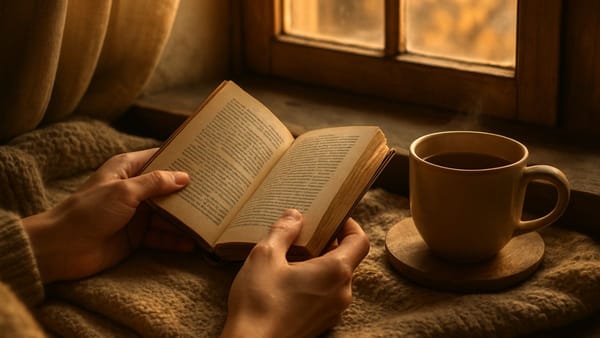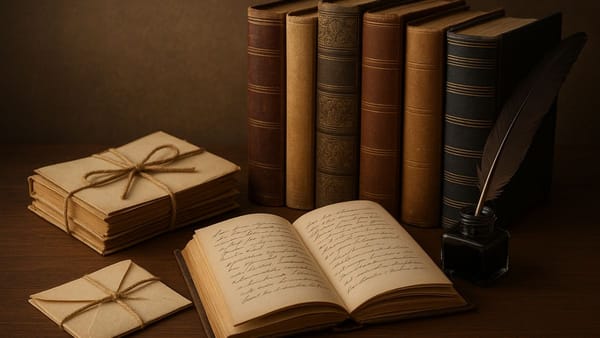If you’ve ever stared at a line of poetry and felt something wordless move in your chest—something deep and timeless—you already know why poetry matters. It’s the only art form where silence speaks as loudly as language, and in that silence, we often find ourselves. Classic poetry isn’t just a literary genre; it’s a distillation of human thought and feeling that has survived not because it had to, but because it refused to be forgotten. Whether you're diving into literature classics for the first time or circling back after years away, these 10 poetry classics offer something deeper than just words on a page—they offer a moment of stillness in the noisy business of being alive.
Why Poetry Classics Still Matter
Poetry, much like philosophy classics or even the great absurdist novels, isn’t here to give you clear answers. It doesn’t pretend to. Instead, it throws you into a pool of images, rhythms, and contradictions that ask better questions than most nonfiction ever could. That’s why classic poetry isn’t just historical—it’s emotional, spiritual, and strangely intimate. Each of these works has left a fingerprint on literary history, but more importantly, they’ve left fingerprints on us. These collections echo the world’s pain, beauty, strangeness, and joy. They trace internal landscapes just as vividly as they comment on society. To read them is to slow down, even if just for a moment, and to see not only where we’ve come from but how deeply we’ve felt along the way.
Leaves of Grass by Walt Whitman
Whitman didn’t write poetry to entertain; he wrote it to liberate. Leaves of Grass isn’t a collection—it’s a declaration. It’s messy, wild, unapologetically American, and deeply spiritual. At the time of its first publication, it was even considered obscene, which only adds to its rebellious charm. What makes this book essential is how Whitman redefined what poetry could be: democratic, celebratory, and cosmic. Reading him is like stepping into an expansive field where everything—your body, your soul, the sky, your country—is welcomed and celebrated. In the world of classic poetry, this is one of the few collections that reads like a literary revolution.
The Waste Land by T.S. Eliot
Reading The Waste Land is like wandering through the ruins of modernity with only fragments of culture to guide you. It's chaotic, profound, sometimes confusing—but always brilliant. Eliot’s use of allusions, languages, and layers makes this one of the densest and richest poetry classics you’ll ever read. It’s not exactly light reading, but that’s kind of the point. The post-WWI disillusionment oozes from every stanza, making it as relevant in our fractured times as it was in his. If you're a fan of dystopian classics, Eliot’s haunting vision will feel disturbingly familiar.
The Divine Comedy by Dante Alighieri
Yes, it’s long. Yes, it’s old. But The Divine Comedy is also one of the most ambitious literary projects in history. Divided into Inferno, Purgatorio, and Paradiso, Dante’s journey through the afterlife is as much about the soul as it is about storytelling. It’s poetry that builds a world—layered, symbolic, richly theological. Even if you only read Inferno, you’ll walk away with unforgettable images—this isn’t a poem; it’s a literary universe.
The Collected Poems by Emily Dickinson
Emily Dickinson wrote in dashes, silences, and strange capitalizations. She lived quietly but thought thunderously. Her collected poems reveal a mind fascinated with death, love, God, and the limitations of language itself. There’s something ghostly and eternal in her minimalism. Despite the smallness of her world, her poems feel cosmically vast. She doesn’t tell you what to think; she just invites you to sit with what you feel.
Songs of Innocence and of Experience by William Blake
Blake was many things—poet, painter, prophet—but never predictable. In Songs of Innocence and of Experience, he creates a tension between purity and corruption, naivety and experience. His deceptively simple language often masks deep critiques of society, religion, and human nature. These poems feel almost mythical, like they’ve always existed. It’s one of those poetry books that serves as a kind of literary Rorschach—you see in it what you bring to it.
The Iliad by Homer
Yes, it’s epic. Yes, it’s war. But The Iliad is also deeply, weirdly human. Achilles' rage, Hector’s honor, the grief of loss—it’s all in there, rendered in verse that still sings after thousands of years. This is the grandfather of all war poetry, and a perfect companion to classic war novels. Homer didn’t just write a battle story—he captured the soul of conflict. Reading it is like being reminded of how tragically unchanged human nature really is.
Ariel by Sylvia Plath
Ariel isn’t easy. It’s raw, sharp, sometimes brutal—but that’s what makes it unforgettable. These poems were written in the final months of Plath’s life, and every line feels like it’s balancing on a ledge. Her imagery is wild, her metaphors searing. It’s not the most comfortable poetry collection, but it’s one of the most necessary. If you’re interested in psychological classics or literature that explores mental health with depth and honesty, Ariel is unmatched.
The Odyssey by Homer
Unlike The Iliad, The Odyssey is about returning home—not just geographically, but emotionally and spiritually. Odysseus’ journey isn’t just one of monsters and gods; it’s one of resilience, identity, and longing. There’s a reason this epic echoes through modern novels about personal transformation. It’s storytelling at its most timeless. Poetry that reads like myth, but hits like memoir.
The Collected Poems by W.B. Yeats
Yeats isn’t just a poet; he’s a shape-shifter. His early work is romantic and dreamlike, while his later poems are bitter, mystical, and prophetic. In his complete poems, you witness a man wrestling with Ireland, mysticism, aging, and politics. His range is staggering. Some lines feel like spells, others like quiet confessions. He doesn’t just write about change—he embodies it. For anyone who loves political classics or is curious about how poetry can evolve with a person, Yeats is your man.
Howl and Other Poems by Allen Ginsberg
Let’s end with a howl—literally. Ginsberg’s most famous poem is a furious, ecstatic, and often obscene portrait of post-war America. Howl and Other Poems captures the spirit of the Beat Generation in all its rebellious glory. It’s loud, unapologetic, and emotionally raw. Ginsberg wrote for the outcasts, the broken, and the seekers. If you’ve ever felt disillusioned with the status quo—if you’ve ever questioned the point of the societal game—this book will feel like an anthem.
Final Thoughts: Why These Poems Still Resonate
Classic poetry endures not because it was assigned in school or sits on dusty library shelves, but because it speaks across time, culture, and identity. Each of these collections offers more than aesthetic pleasure; they offer perspective, challenge, and reflection. From Blake’s dualities to Plath’s vulnerability, from Homer’s epics to Dickinson’s minimalism, these poets translated the internal and external battles of existence into something eternal. These poems linger with us because they touch something real—something we often don’t have language for until a poet gives it to us.
And maybe that’s what makes poetry classics so vital in today’s hyper-distracted world. They aren’t noise. They’re the opposite of noise. They remind us, quietly but persistently, that meaning is something we don’t chase—we uncover it. That’s why, even after all these centuries, the best poetry still feels like it was written just for you.
Thanks for reading. If this list helped you discover something new — or rediscover something old — you’re welcome to keep exploring:












